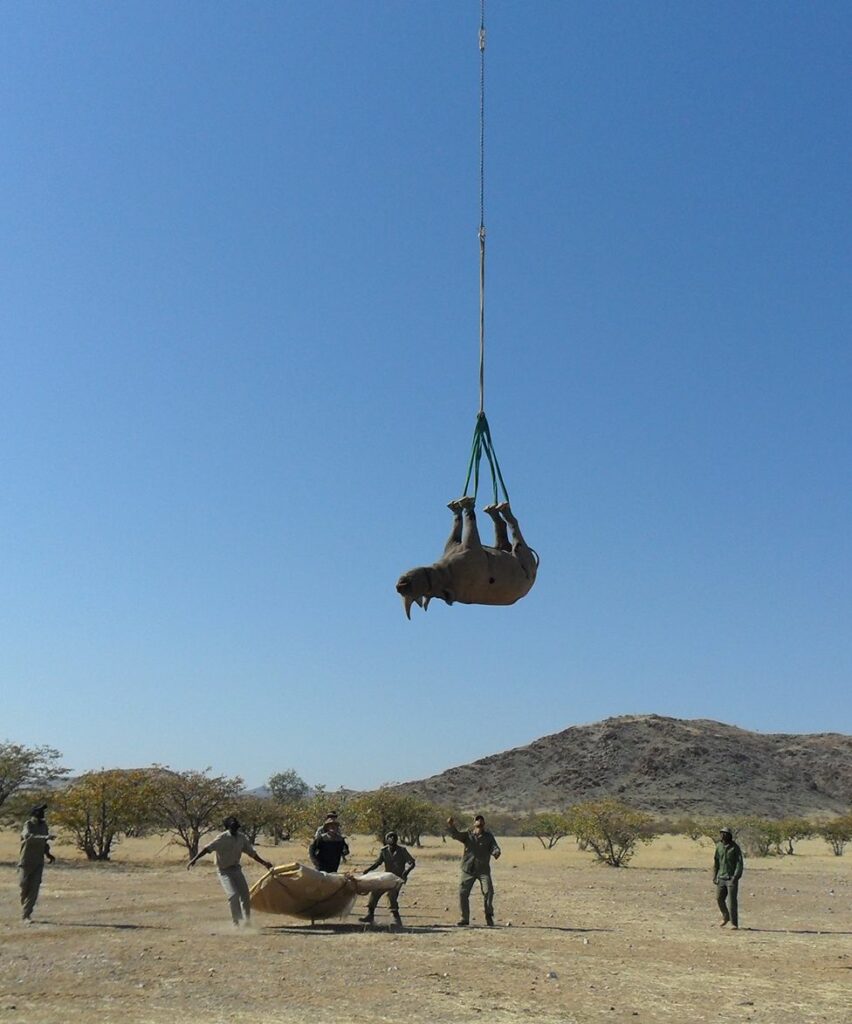

Using the regime complex concept, a researcher sheds new light on the broader institutional and legal framework influencing the governance of international food assistance, showing that different regimes take part in its shaping.
World hunger is growing at an alarming rate, with prolonged conflicts, climate change, and COVID-19 exacerbating the problem. In 2022, the World Food Programme helped a record 158 million people. On this trajectory, the United Nations’ goal to eradicate hunger by 2030 appears increasingly unattainable. New research at McGill University shines the spotlight on a significant piece of the puzzle: international food assistance.
With no global treaty in place, food aid is guided by a patchwork of international agreements and institutions. Using the concept of a “regime complex,” a study published in the Journal of International Trade Law and Policy examines those rules and the systems that shape them. Rather than create a new entity to solve the problem, the findings point to a paradigm shift in the existing systems. Rethinking the dominant discourse among institutions is crucial to working towards zero hunger, posits author Clarisse Delaville, a second-year doctoral student at McGill’s Faculty of Law.
Advocating for a Human-Rights Based Approach
“There are two main regimes that govern global food assistance—the trade regime and the food security regime. I encourage a stronger commitment from both regimes to implement a human-rights based approach, in order to question the prominent discourse on food trade regimes, which paints food assistance as a distortion in trade that ought to be minimized,” says Delaville.
The research offers a new perspective on the governance of international food assistance by employing the “regime complex” concept to navigate the intricate web of laws and institutions involved By revealing how different regimes contribute to the evolution of food assistance, the research underscores the need for a holistic approach that bridges gaps between existing frameworks. The insights provided not only enrich the academic dialogue but also serve as a guide for policymakers and stakeholders striving to enhance the effectiveness and fairness of international food aid efforts.
Reference: “A regime complex for food assistance: international law regulating international food assistance” by Clarisse Delaville, 31 October 2023, Journal of International Trade Law and Policy.
DOI: 10.1108/JITLP-06-2023-0032


